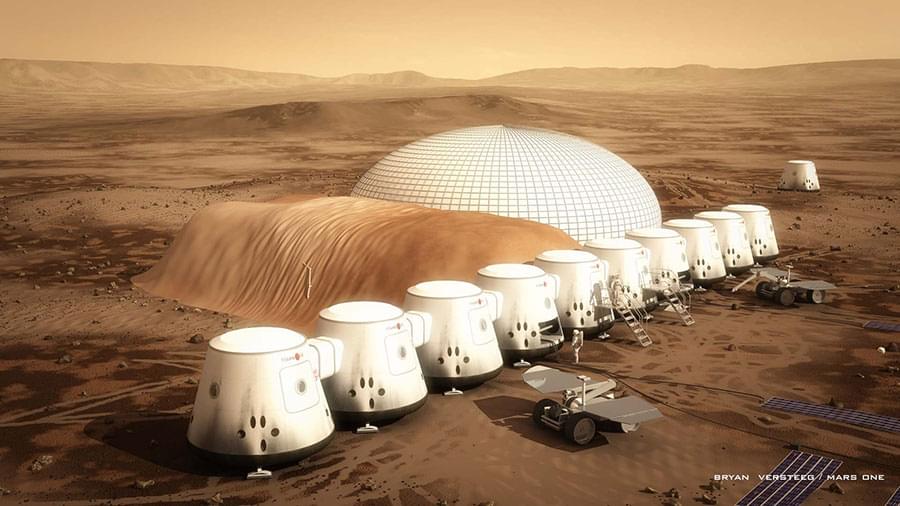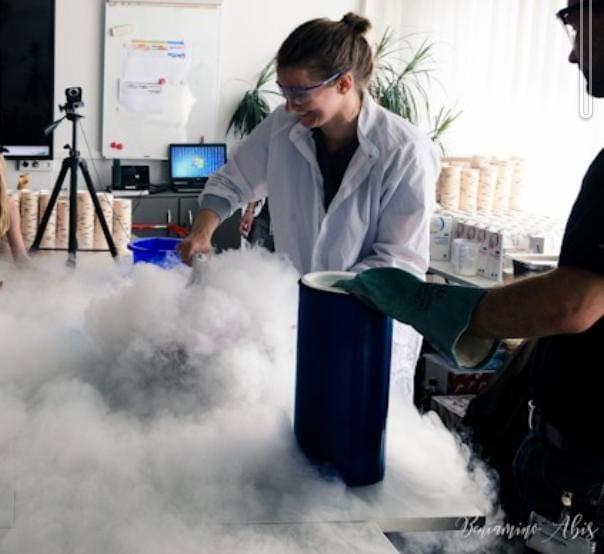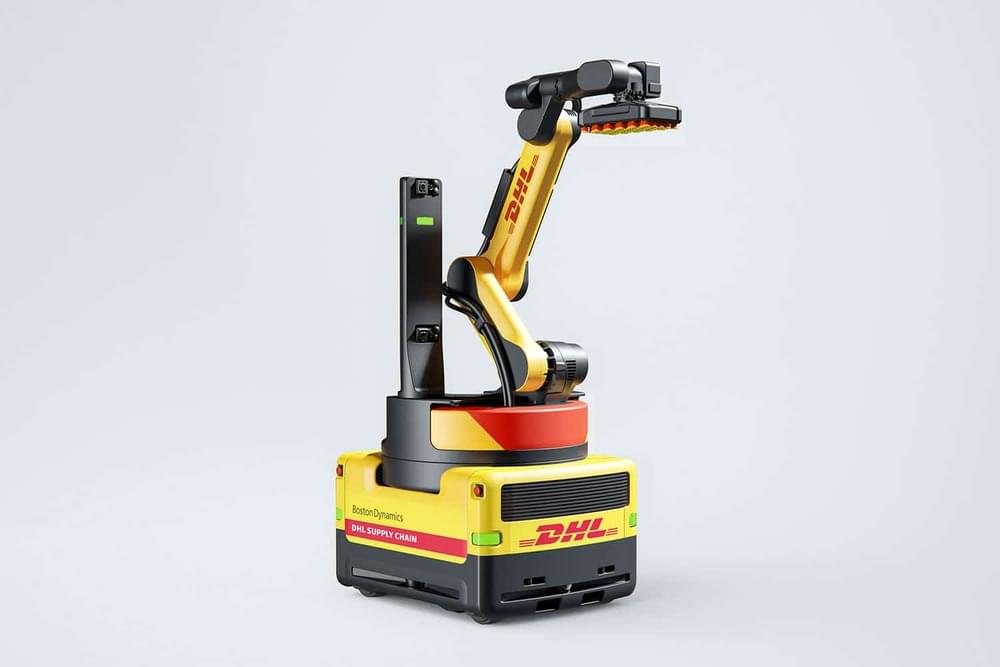FeaturedRead our 3 books at https://lifeboat.com/ex/books.
The Lifeboat Foundation is a nonprofit nongovernmental organization dedicated to encouraging scientific advancements while helping humanity survive existential risks and possible misuse of increasingly powerful technologies, including genetic engineering, nanotechnology, and robotics/AI, as we move towards the Singularity.
Lifeboat Foundation is pursuing a variety of options, including helping to accelerate the development of technologies to defend humanity, such as new methods to combat viruses, effective nanotechnological defensive strategies, and even self-sustaining space colonies in case the other defensive strategies fail.
We believe that, in some situations, it might be feasible to relinquish technological capacity in the public interest (for example, we are against the U.S. government posting the recipe for the 1918 flu virus on the internet). We have some of the best minds on the planet working on programs to enable our survival. We invite you to join our cause!
Visit our site at https://lifeboat.com. Participate in our programs at https://lifeboat.com/ex/programs. Follow our Twitter feed at https://twitter.com/LifeboatHQ and our GETTR feed at https://gettr.com/user/LifeboatHQ. Watch our YouTube channel at https://youtube.com/lifeboathq. Read our blog at https://lifeboat.com/blog. Join our LinkedIn group at https://www.linkedin.com/groups/35656. Subscribe to our newsletter at https://lifeboat.com/newsletter.cgi.
Interact with the author of “The Human Race to the Future: What Could Happen—and What to Do” at https://www.facebook.com/groups/thehumanracetothefuture.




